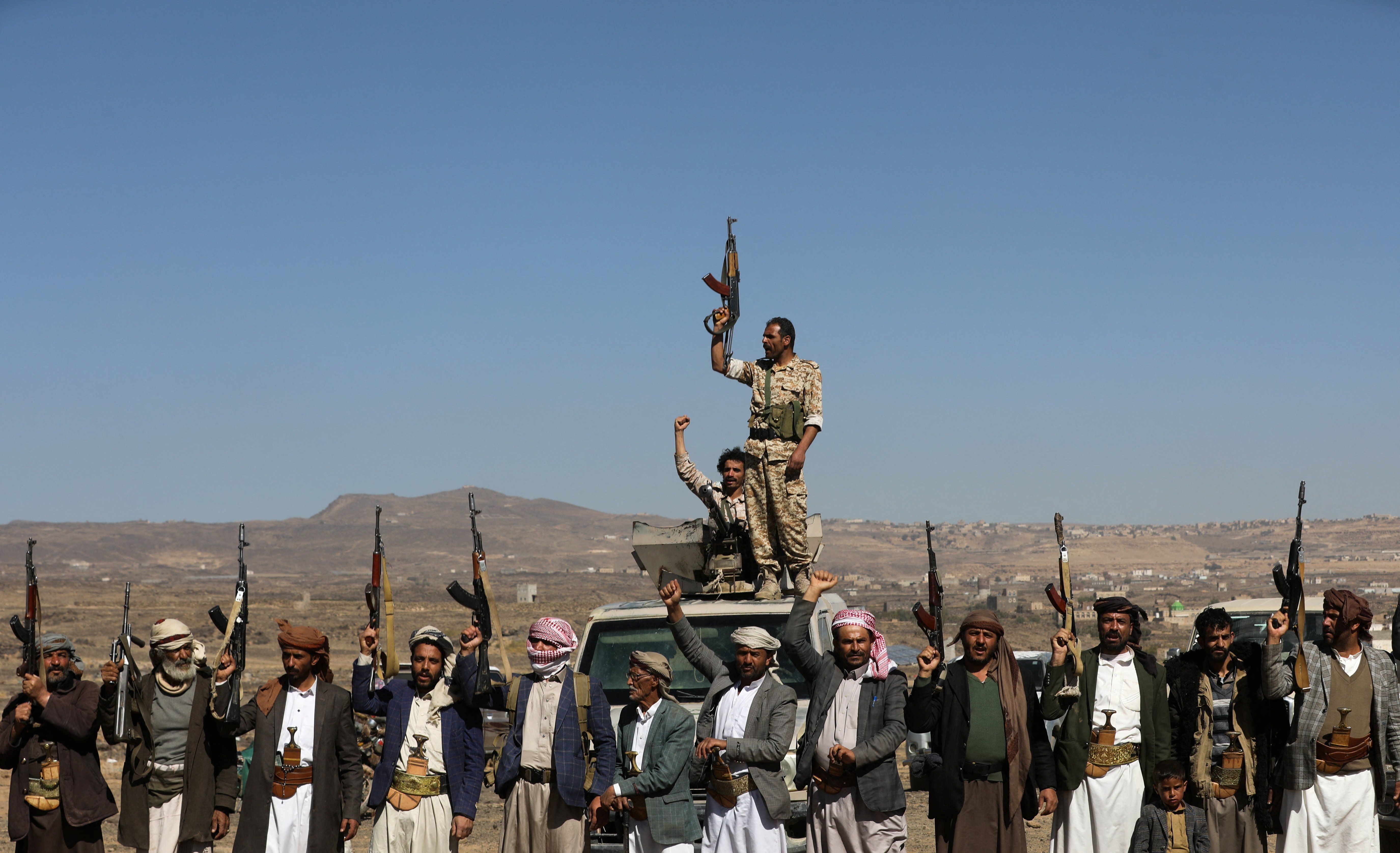The region was already a tinderbox, and now the adversaries are playing with matches.
Tehran takes aim: Iran launched an unprecedented – and unprovoked – attack on nuclear-armed Pakistan. The missile and drone attack was aimed at Jaish al-Adl, a Sunni militant group operating along Pakistan’s border and marks a massive escalation from Iran’s previous military exchanges with the group as Iran continues to retaliate for the suicide bombing that killed 86 people this month at a memorial procession for Maj. Gen. Qassim Suleimani. Pakistan has vowed that the attacks will have “serious consequences.”
The attack comes the day after Iran launched ballistic missiles into Iraq and Syria with claims it was targeting Israel’s “headquarters of spies” and other places used to plan the bombing. The last two days have been Iran’s most direct show of force since January 2020, when it responded to Washington’s killing of Suleimani with missile strikes on US troops in Iraq. Ten of Monday’s missiles landed near the US consulate in northern Iraq, reflecting the escalatory risk involved with such strikes.
And don’t forget about Israel: Palestinian militants on Tuesday fired 25 rockets out of Gaza at the Israeli city of Netivot, which lies about six miles from the Gaza border. Israel’s Iron Dome air defense system generally intercepts rockets, and although there were no casualties, the attack exacerbates fears of Hamas’s enduring threat.
The attack is being used by Prime Minister Benjamin Netanyahu’s war council as an excuse to backtrack on rhetoric that Israel is shifting to a more targeted campaign in Gaza. But many were already skeptical of this amid escalating attacks in North Gaza. More likely, the announcements and troop withdrawals aimed to bolster the economy and placate international criticism – particularly in the US, where Sen. Bernie Sanders has called for a Tuesday night vote to require the Biden administration to report on Israel's human rights practices.
However, Itamar Ben-Gvir, Israel’s far-right national security minister, has said that the attack in Netivot “proves that conquering Gaza is essential to realizing the war’s goals,” and that Israelis should prepare for the war to continue for months as support for retaliating for Oct. 7 and rescuing the hostages remains high domestically.
The rub: Whether it's Iran, the US, the Houthis, Israel, or Hamas, all sides see their attacks as retaliatory, which could quickly evolve into a cycle of escalation.
